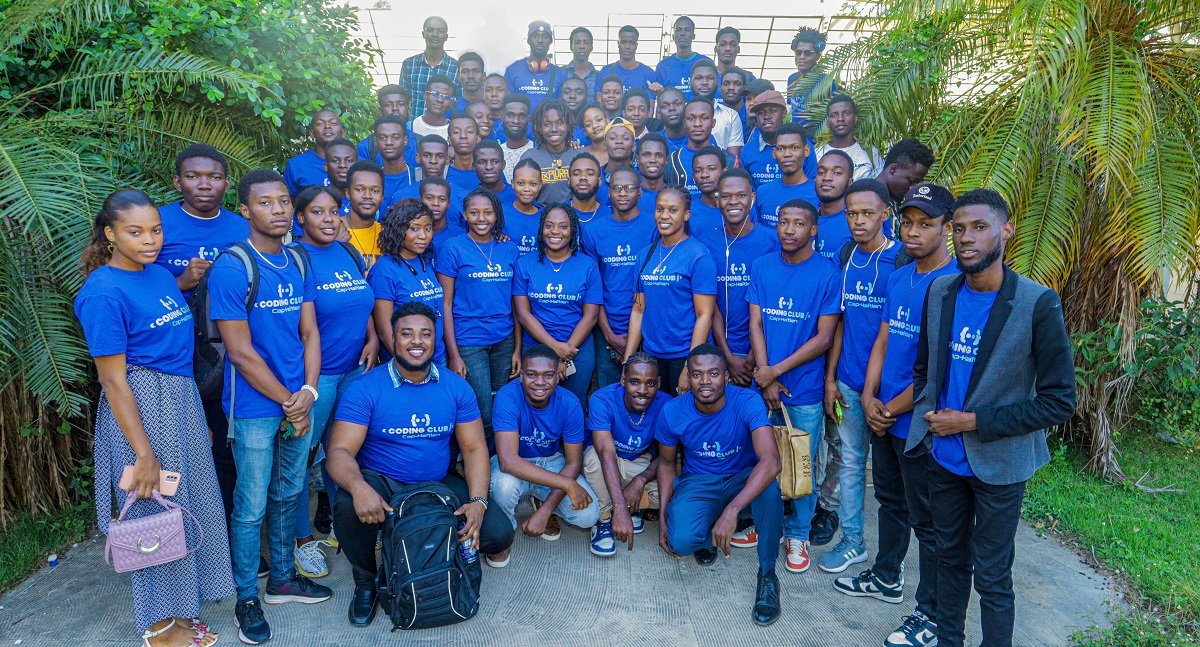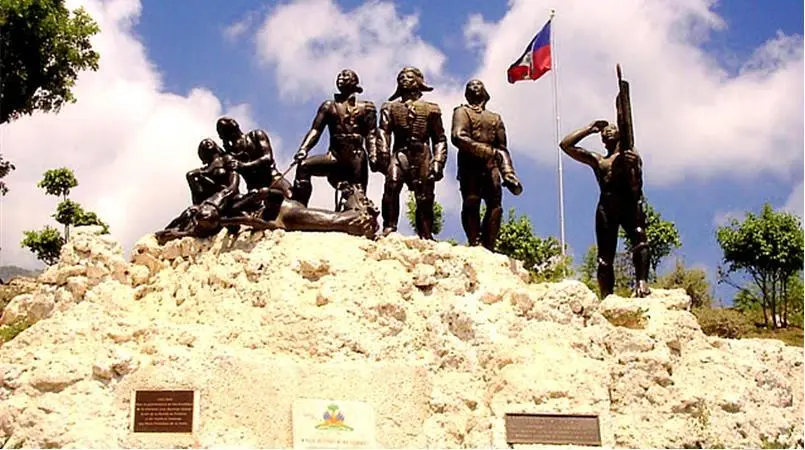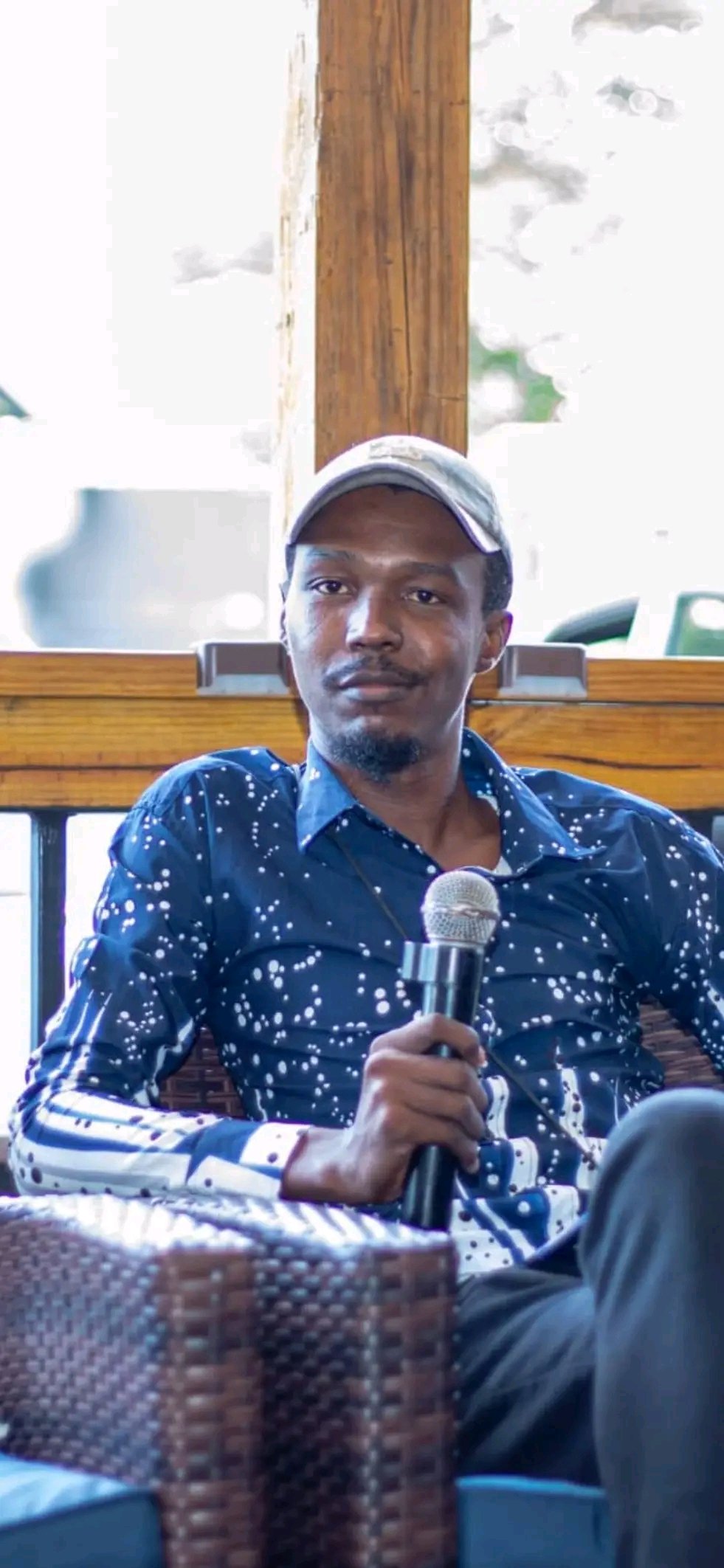En Haïti, le chaos n’est pas une simple conséquence des événements, mais un produit soigneusement façonné par des acteurs dont les décisions ou l’absence de décisions aggravent chaque jour la crise. À la tête de cette orchestration d’échecs se trouve le Conseil présidentiel de transition (CPT), dirigé par l’architecte Leslie Voltaire depuis octobre 2024. Présenté comme une solution temporaire pour sortir Haïti de l’impasse, le CPT s’est rapidement révélé inefficace et incapable de répondre aux défis urgents du pays.
Un leadership chaotique
Créé en avril 2024, le CPT a suscité de nombreux espoirs sous la direction de Edgar Leblanc Fils, Coordonateur du parti politique Organisation du Peuple en Lutte (OPL). Mais ces espoirs se sont vite éteints. Les divisions internes, la mauvaise gouvernance, et les scandales de corruption ont transformé cet organe en une caricature de l’inefficacité administrative. En moins d’un an, le CPT est devenu un symbole d’impuissance, incapable de proposer des solutions concrètes à la crise politique qui paralyse Haïti depuis la chute du régime duvaliérites et qui s’est aggravée après l’assassinat du président Jovenel Moïse en 2021. La chute du régime duvaliériste a suscité beaucoup d’espoir, mais comme l’affirme Meudec, “À la poussée libératrice de 1986 a succédé une forme d’enlisement du processus de transition politique marquée par le retour de la corruption et de la violence” (Meudec 2007, 47). En effet, après environ 39 ans de “gouvernance démocratique”, le pays n’est que chaos et désolation.
Le pays reste sans élections depuis 2016, renforçant l’illégitimité des institutions. L’élite économique et politique contribue à ce blocage en refusant les réformes nécessaires pour instaurer un climat de confiance et de stabilité. Loin d’être des victimes, ces élites profitent du désordre ambiant pour maintenir leurs privilèges.
Une économie chaotique
Le chaos haïtien est autant économique que politique. Suivant le rapport de l’Institut Haitien de Statistique et d’Informatique (IHSI), le Produit Intérieur Brut (PIB) s’est contracté de 4.2% en comparant les deux derniers exercices fiscaux, passant de 592,7 Milliards de gourdes pour l’exercie fiscal 2022-2023 à 568,0 milliards de gourdes pour l’exercice fiscal 2023-2024. Selon l’IHSI, cette chute “constitue le plus fort déclin de l’économie, jamais enregistré, depuis la chute de 5,7% du PIB en 2009-2010, consécutive au séisme dévastateur du 12 janvier de la même année” (IHSI 2024, 4). Le pays termine l’année 2024 avec un taux d’inflation de 25,8% (IHSI 2024, 4). La survie quotidienne est devenue un combat pour la majorité des Haïtiens. Le commerce informel domine l’économie, représentant près de 80 % des activités, tandis que les investissements étrangers sont quasi inexistants.
Le Conseil présidentiel de transition, sous la direction de l’architecte Leslie Voltaire, n’a montré aucune vision stratégique pour relancer l’économie. Les plans économiques sont inexistants, et les fonds internationaux disparaissent souvent dans des circuits opaques, alimentant davantage la corruption systémique. Cette corruption n’est pas seulement le fait des politiques. En effet, les élites économiques et politiques, en contrôlant les secteurs clés comme l’importation alimentaire et énergétique ainsi que la sécurité intérieure, participent à la perpétuation de la pauvreté et de la dépendance.
Une situation sécuritaire chaotique
La violence des gangs est devenue le principal facteur d’instabilité dans le pays. Ces gangs dictent leurs lois, extorquent les citoyens, empêchent l’accès aux services essentiels et contraignent des milliers de personnes à fuir leurs domiciles. Selon le Groupe d’experts sur Haiti, le nombre de déplacées en Haïti est estimé à plus de 500.000 personnes au mois de juin 2024, soit une augmentation de près de 60 % par rapport à mars 2024 (Groupe d’experts sur Haïti 2024, 29).
Nous assistons aussi à un processus de transmission de la violence aux enfants. Recrutés par la force ou attirés par des promesses illusoires de pouvoir et de richesse, ces enfants deviennent à la fois victimes et instruments de violence. Le Groupe d’experts sur Haïti affirme que “l’enrôlement d’enfants âgés parfois de seulement 10 ans par les gangs a considérablement augmenté et les enfants pourraient désormais représenter jusqu’à 50 % de l’ensemble des membres des gangs” (Groupe d’experts sur Haïti 2024, 31). L’absence d’éducation, la pauvreté et le manque de perspectives sont les principaux moteurs de cet enrôlement massif et participent au processus de maintien du chaos.
Un avenir hypothétique
La jeunesse haïtienne, qui représente plus de 60 % de la population, est à la fois la principale victime de ce chaos et sa plus grande chance de redressement. Les acteurs politiques et économiques ignorent cependant ce potentiel, préférant exploiter cette force vive à des fins destructrices, comme en témoigne l’enrôlement massif des jeunes dans les gangs.
Pourtant, avec des investissements ciblés dans l’éducation, la formation professionnelle et l’entrepreneuriat, cette jeunesse pourrait devenir un levier essentiel de reconstruction. Les initiatives locales, soutenues par la société civile et les partenaires internationaux, doivent viser à offrir des opportunités viables à ces jeunes, afin de détourner leur énergie des gangs et de l’utiliser pour bâtir une société plus juste et solidaire.
Bâtir ou détruire ?
Le chaos que vit Haïti aujourd’hui n’est pas le fruit d’une fatalité. Il est le résultat d’une absence chronique de leadership, de la corruption systémique et de la complicité d’élites qui profitent du désordre ambiant. Les architectes du chaos ne sont pas des figures anonymes : ils occupent des positions de pouvoir et leurs décisions façonnent chaque jour l’effondrement du pays.
Pour sortir de cette spirale, une refonte totale des institutions et un renouvellement des élites politiques et économiques sont indispensables. Haïti ne pourra se relever qu’avec des leaders réellement engagés, en rupture avec l’habitus dominant, et une jeunesse mobilisée, engagée et combattante. Les architectes du chaos doivent céder leur place aux bâtisseurs de l’espoir, car seul un engagement collectif, édifié sur l’idéal de la liberté pour tous des Pères de la nation, pourra permettre à Haïti de retrouver sa dignité et sa stabilité.
Citoyen Ken
7 Janvier 2025
Références
Meudec, Marie. 2007. Corps, violence et politique en Haïti. Aspects sociologiques.. Aspects sociologiques, 14, 1. ⟨hal-01636285⟩: 1-27. https://hal.science/hal-01636285v1 United Nations. 2024. Rapport final du Groupe d’experts sur Haïti
Ministère de l’Économie et des Finances, Institut Haïtien de Statistique et d’Informatique. 2024. Les comptes économiques en 2024




















































































